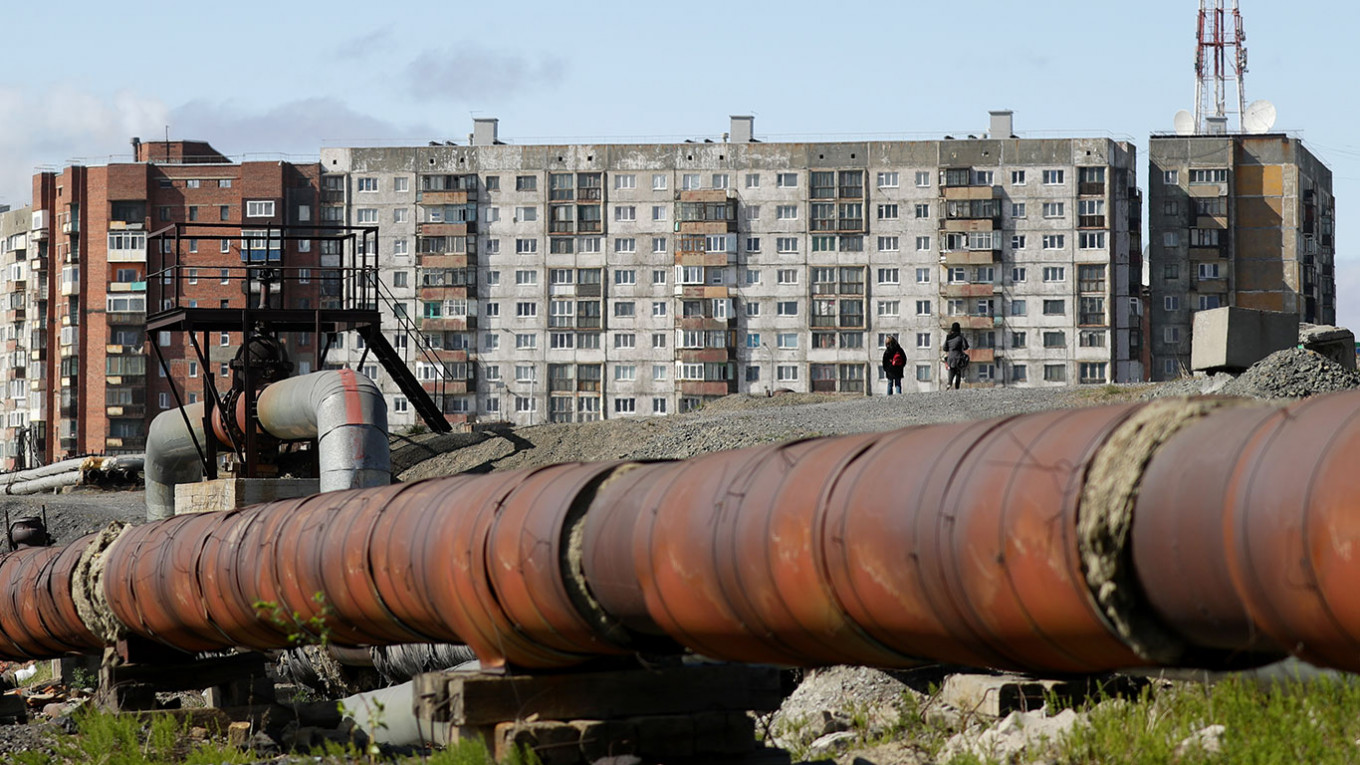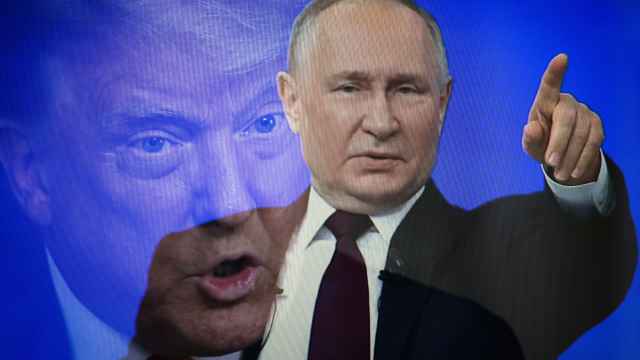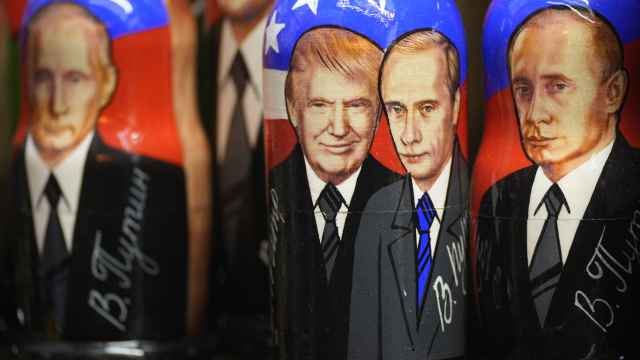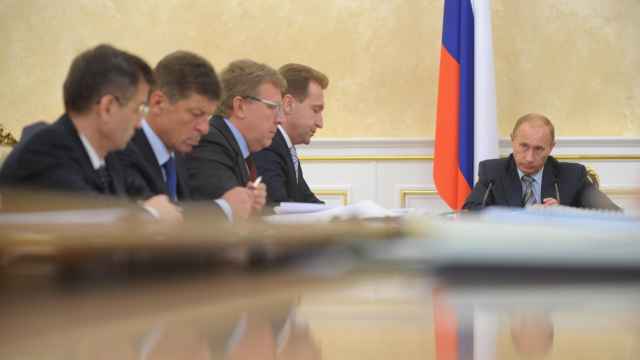Russia’s about-face in 2021 on its attitude to climate change may be little more than window dressing to protect its industrial giants, experts fear.
During his two decades in power, Russian President Vladimir Putin has moved from joking about the climate crisis to accepting responsibility for responding to climate change as its effects have become more pronounced in Russia, the world’s fourth-largest greenhouse gas emitter which is warming faster than the rest of the planet.
Putin said in his annual Direct Line phone-in on June 30 that climate change is a serious global problem caused in large part by human economic activity, and four months later told an energy forum in Moscow that Russia is aiming for carbon neutrality by 2060.
But analysts and activists told The Moscow Times that the Kremlin’s efforts are aimed more at protecting the economic status quo than fighting climate change.
“The government has treated the climate as a low-priority issue before and continues to do so,” said Georgy Safonov, head of the climate economics department at Moscow’s Higher School of Economics. “What has changed is Russia’s attitude toward carbon regulations.”
In 2020 the EU proposed the Carbon Border Adjustment Mechanism — a system of tariffs on imports from highly polluting industries to take effect in 2023.
The idea has caused great concern among Russia’s biggest energy companies — especially coal producers — as the EU is Russia’s biggest trade partner and the levies are likely to cause them damage because carbon emissions are not yet regulated in Russia.
The firms are pressuring the government to protect them from the tariffs, and the Kremlin has decided that the best way to do this is to pay lip service to climate reform, Safonov said.
Angelina Davydova, director of the Office of Environmental Information in St. Petersburg said that climate is becoming perhaps the most important issue in global politics.
“Russia is slowly starting to understand this,” she added.
In July, Putin signed the carbon emissions law – the first document aimed at regulating emissions in Russia’s history. However, a lot of promising regulative measures, like introducing carbon fines for the biggest polluters, have been pared down to appease fossil fuel industries, Safonov said.
“The carbon emissions regulation has passed. But there is nothing in it on regulating emissions. It’s hard to look at the final version without tears,” he added.
Russia published its long-awaited climate strategy in 2021. While it is more progressive than industry lobbyists would like, according to Safonov, it still doesn’t make clear when and how Russian regions and companies have to cut their emissions.
Meanwhile, Russia’s 2020 energy strategy still calls for expansion in fossil fuel industries and government support for the solar and wind energy industries has been cut this year.
The picture might get a lot clearer in 2022 when Russian regions are due to present their own climate adaptation strategies.
“So far it is all very slow, new, and not enough,” Davydova said. “But it is too early to draw conclusions now, we have to see how these things mature and develop.”
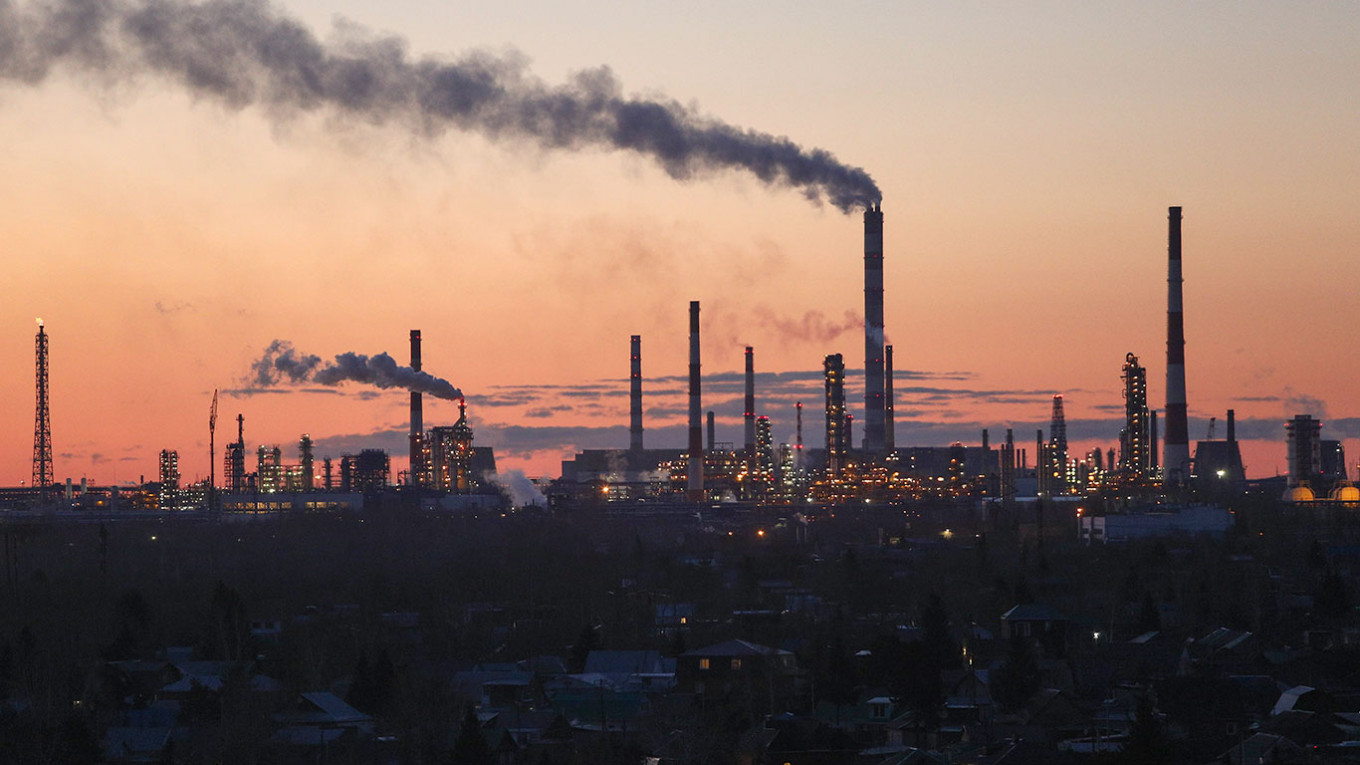
COP26
In November, global leaders gathered for the COP26 UN climate conference in Glasgow. While Putin did not attend, Russia made several key climate promises, including halting deforestation by 2030 and reaching net-zero emissions by 2060.
“Russia didn’t stand out from other major emitter countries at COP,” said Davydova.
Along with other big economies, Russia promised to reach net-zero emissions by mid-century. But unlike the G7 economies, Russia is planning to keep increasing emissions through 2030.
“I did not expect any miracles,” said Fridays For Future activist Arshak Makichyan, who attended COP26. “People in Russia still don’t understand what energy transition is, or what a just energy transition is. But we are talking about it, even though there are just a few of us,” he added.
At COP26 Russia did not join a dozen other countries in pledging to phase out coal or cut methane emissions. It did however join more than 130 other states in pledging to halt deforestation by 2030.
Trees play a big role in Russia’s plans to cut its emissions. In 2021 Russia introduced a new way of accounting for the ability of its forests to absorb carbon by factoring all of its forest land into the country’s environmental impact. However, this new way might misrepresent the carbon sink potential of Russian forests and has been criticized by some scientists, said Fridays For Future Russia coordinator Vlada Zhuravleva.
“Fridays For Future and many other Russian experts are viewing the net-zero by 2060 target as greenwashing,” she said.
Extreme weather
The climate emergency has already led to extreme weather events around the world. Forest fires, floods and droughts are expected to be the most disastrous climate-related threats for Russia in the 2020s.
Different parts of Russia are likely to be damaged by the climate crisis in different ways, said World Wildlife Foundation (WWF) Russia’s head of climate and energy research Alexei Kokorin.
Southern agrarian regions are likely to experience more droughts and heatwaves, while the Arctic regions could see blizzards and storms. Most other parts of the country may be getting more rain. This year St. Petersburg had its rainiest May in history, while Moscow had its biggest snowfall in 70 years in December.
One of the biggest forest fires in recorded human history happened this year in Yakutia, 7,000 kilometers east of Moscow. Climate-related drought was the main reason for the disaster, local officials said.
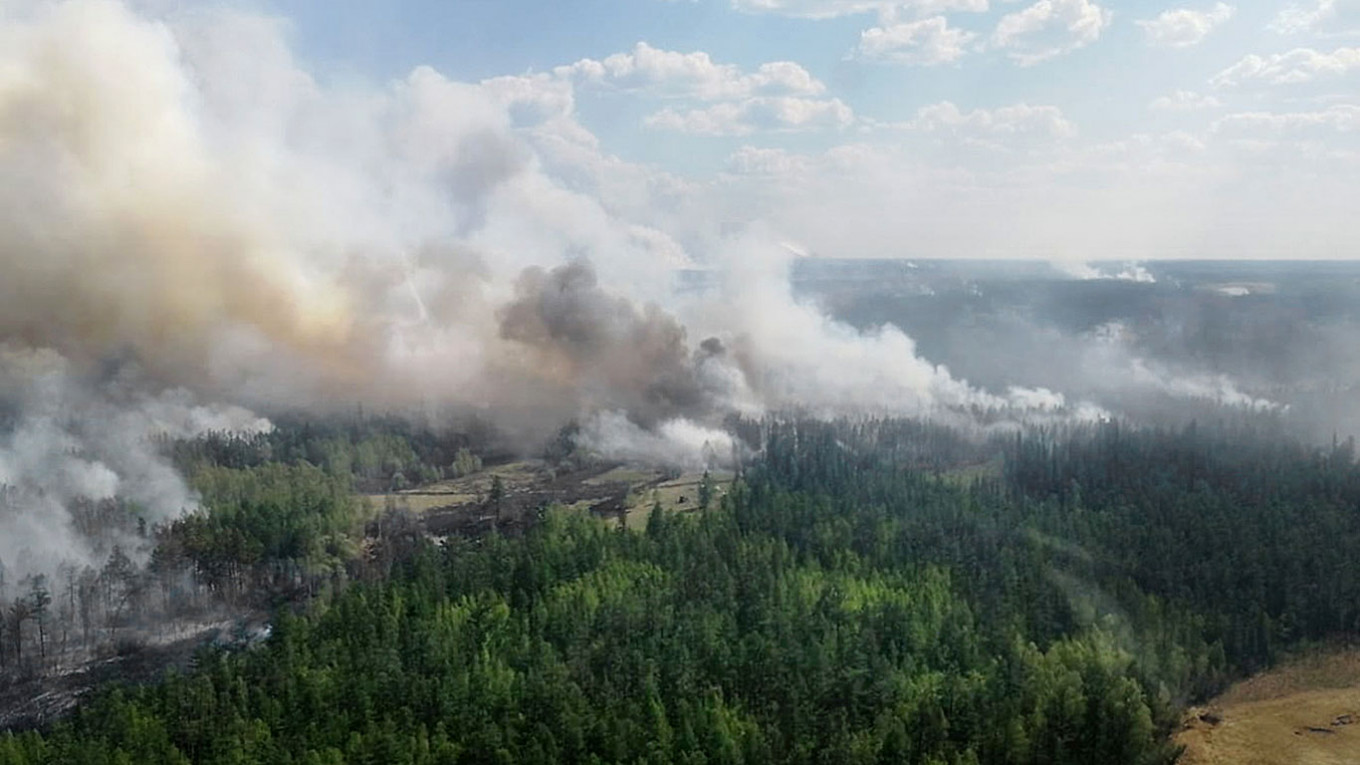
“Forest fires were especially fierce this year. Partly it was due to bad forestry and lack of coordination but the climate change factor is here and it’s growing,” Kokorin said.
Extreme fires and heatwaves will become more frequent, he added, pointing to July when Moscow temperatures remained above 30 degrees Celsius for almost a month.
“These kinds of heatwaves happened in the past. But they used to happen every 50 years, now they happen every 10 years,” Kokorin said.
A Message from The Moscow Times:
Dear readers,
We are facing unprecedented challenges. Russia's Prosecutor General's Office has designated The Moscow Times as an "undesirable" organization, criminalizing our work and putting our staff at risk of prosecution. This follows our earlier unjust labeling as a "foreign agent."
These actions are direct attempts to silence independent journalism in Russia. The authorities claim our work "discredits the decisions of the Russian leadership." We see things differently: we strive to provide accurate, unbiased reporting on Russia.
We, the journalists of The Moscow Times, refuse to be silenced. But to continue our work, we need your help.
Your support, no matter how small, makes a world of difference. If you can, please support us monthly starting from just $2. It's quick to set up, and every contribution makes a significant impact.
By supporting The Moscow Times, you're defending open, independent journalism in the face of repression. Thank you for standing with us.
Remind me later.



